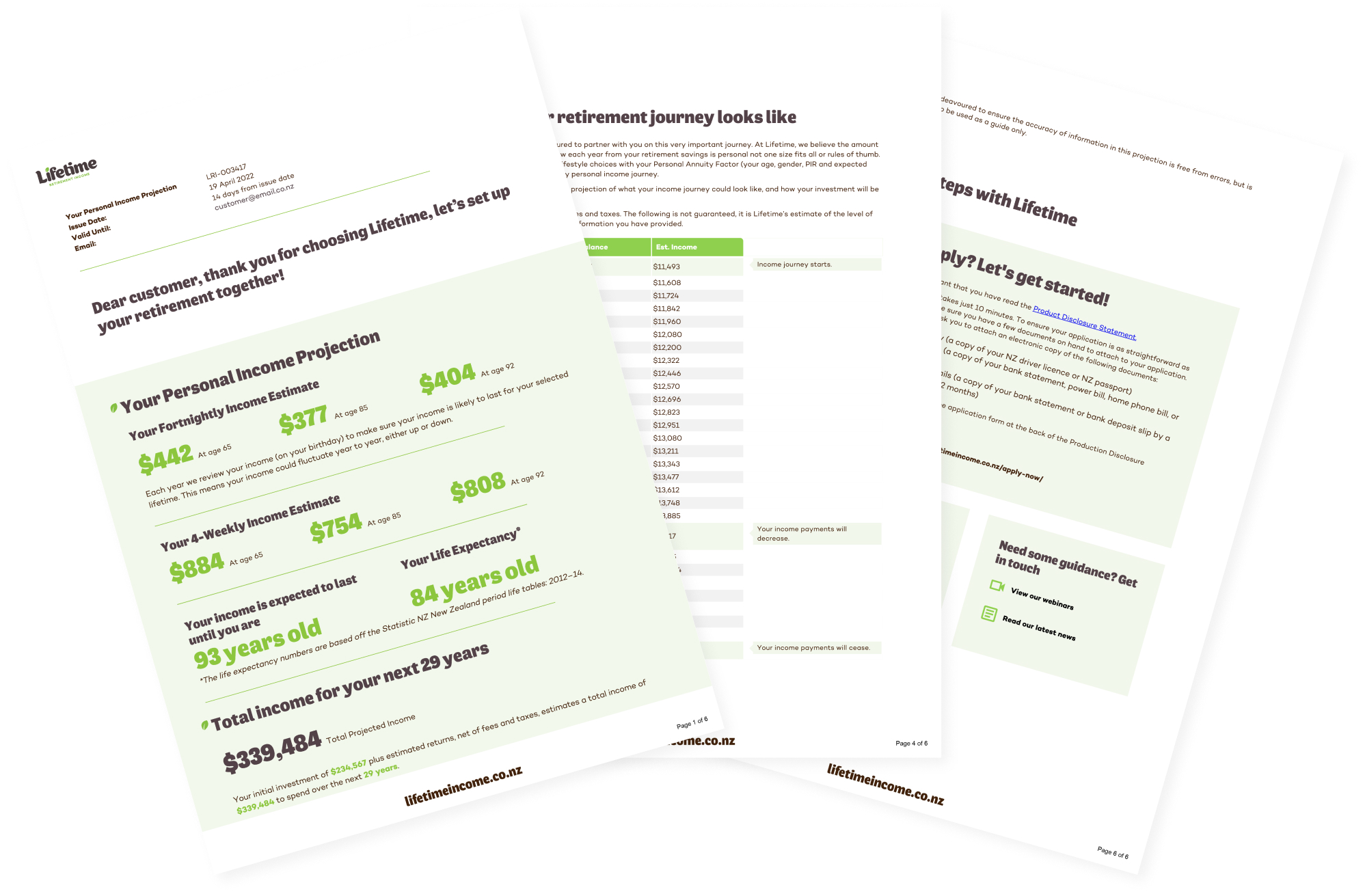Retirement Life
26 February 2025
The generous generation?
Times are tough. New Zealand is experiencing an economic downturn which one respected economist called the largest contraction in GDP in the developed world last year. We are seeing headlines of people migrating to Australia for better opportunities, and pleas to support charities working to alleviate poverty. Mortgagee sales have increased by over 80% in the last 12 months.
The Reserve Bank is dropping interest rates to accelerate the economy – good news for borrowers, not so good for investors. However, it takes time for the effect of lower interest rates to work its way through the economy, making it very hard for policy makers to know how low to go and when to take their foot off the pedal.
Boom times
Yet amongst the doom and gloom there is one segment of the population who have the financial resilience to weather the storm. These are the baby boomers who have risen on the tide of massive increases in property prices and who, with little effort, have substantially increased their wealth as they’ve gotten older. To be clear, not all baby boomers were able to jump on the property boat, but those who did have been the winners in the last decade or two. So here we have a group of people who are doing very nicely, while others are drowning in debt and misery.
It's not necessarily all plain sailing though. What use is wealth when it is tied up in your house? It’s not as if you can pay for your groceries with an IOU secured against your house every time you go shopping. The smart boomers have restructured their finances by ensuring the house they live in represents no more than about two thirds of their total wealth, giving them free cash to support their lifestyle.
How to spend it?
The question is, what will baby boomers do with their wealth? Some choose to spend it on luxuries like travel, but many others are naturally inclined to preserve their capital and spend conservatively.
Calculate what you could draw in retirement.

Deciding what to do with wealth is a dilemma that needs to be resolved. After all, there are only two choices – spend it, or give it to someone else to spend. Family members, friends and charities will be the ultimate beneficiaries of any unspent wealth.
Humans are naturally generous
Generosity is something that comes naturally to humans. In fact, according to scientists, generosity is an evolutionary adaptation that helped our species survive. The act of giving makes us feel good, which in turn encourages us to be more generous.
Generosity is associated with psychological health, wellbeing and happiness. Even physical health improves when we practice generosity. Giving to others can reduce stress and improve our immune system, with flow on effects into our overall health.
How generous we are depends on personal traits, values, morals and the strength of our social networks. Strangely enough, it doesn’t depend on how much money we have, although being wealthy certainly makes it easier.
Personal experience guides our generosity
We are much more likely to be generous to a specific person or group of people than to an abstract cause. Personal experiences often shape how and to whom people give. For example, if someone close to you has experienced a life-threatening disease, you may feel strongly about leaving a bequest to help fund research into that disease. People who have experienced severe poverty in their lives are often the ones who donate to food banks or charities working to alleviate poverty.

Generosity doesn’t have to involve money at all. Kiwis are known for their propensity to give a helping hand. According to the Dalai Lama: “Generosity is the most natural expression of an inner attitude of compassion and loving kindness.” In this sense, the simple act of smiling at someone is an act of generosity.
In these tough times, it behoves all of us to consider ways in which we can be generous to those less fortunate, and to ponder the question of how much of our wealth we want to spend ourselves and how much we wish to leave for others to spend.

Project your retirement income.
Invest with Lifetime for a retirement income managed for living.
